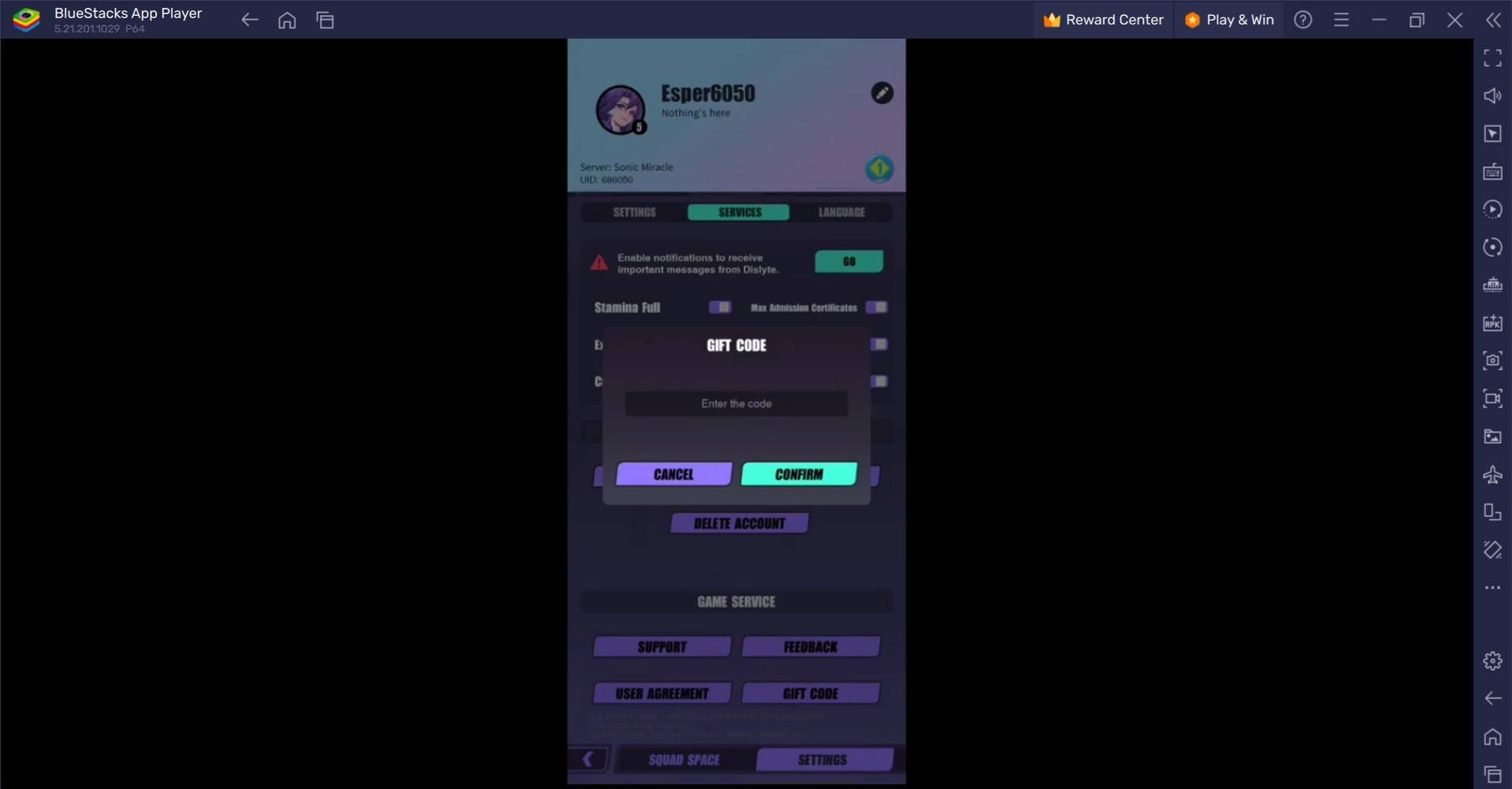
Steam's new anti-cheat transparency initiative sparks debate. Valve has mandated that developers disclose whether their games utilize kernel-mode anti-cheat systems on the Steam platform. This move, announced via the Steam News Hub, aims to improve both developer communication and player transparency regarding in-game anti-cheat software.
The update introduces a new field within the Steamworks API's "Edit Store Page" section. While disclosure for non-kernel-based anti-cheat remains optional, games employing kernel-mode anti-cheat are now required to declare its presence. This addresses growing player concerns about the potential invasiveness of such systems.
Kernel-mode anti-cheat, which directly examines processes on a player's system to detect cheating, has been a subject of contention. Unlike traditional methods that monitor in-game activity, kernel-mode solutions access low-level system data, raising potential performance, security, and privacy issues for some users.
Valve's decision reflects feedback from both developers and players. Developers sought clearer ways to communicate anti-cheat details, while players demanded greater transparency about the anti-cheat services and any associated software installations. Valve's official statement emphasizes this dual need for improved communication.
The October 31st, 2024 update is live, with games like Counter-Strike 2 already displaying their use of Valve Anti-Cheat (VAC) as a result. Initial community response is mixed. While many applaud Valve's "pro-consumer" approach, some criticize minor issues like grammatical inconsistencies and awkward phrasing in the new field's display. Further questions have been raised regarding language translation for anti-cheat labels and the precise definition of "client-side kernel-mode" anti-cheat, with PunkBuster cited as a relevant example. Underlying concerns about the intrusiveness of kernel-mode anti-cheat also persist.
Despite mixed reactions, Valve's commitment to pro-consumer platform changes is evident, as highlighted by their transparency regarding recent California consumer protection legislation. Whether this latest initiative will fully address concerns surrounding kernel-mode anti-cheat remains to be seen.
 Home
Home  Navigation
Navigation






 Latest Articles
Latest Articles









 Latest Games
Latest Games












